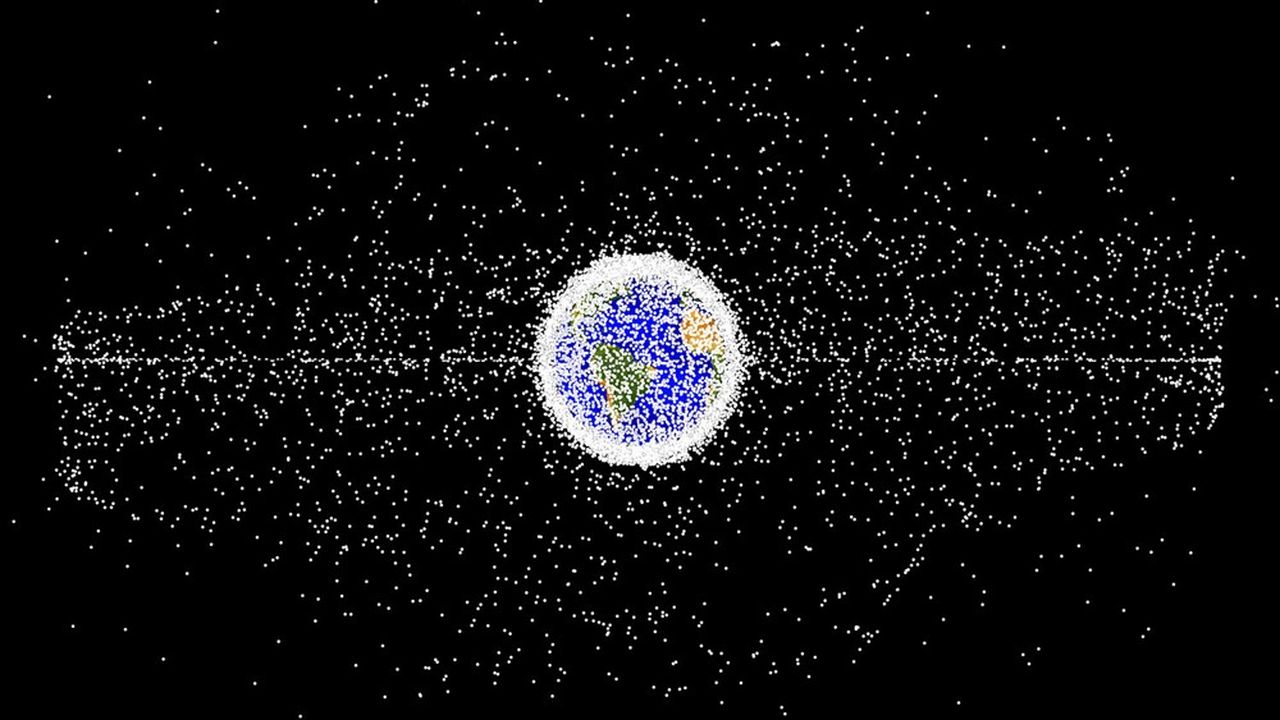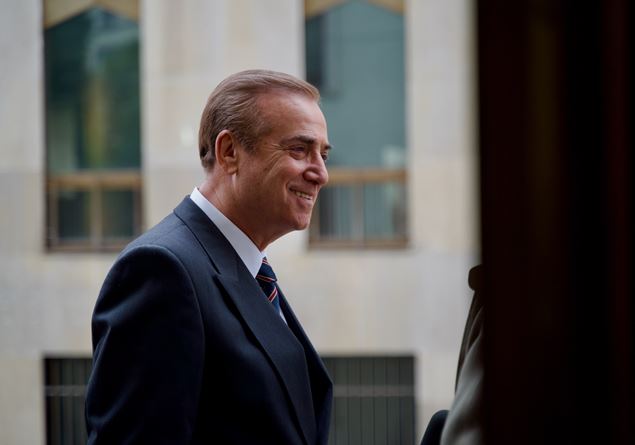
If you looked up at the starry sky this summer during the Perseids, hoping to make a wish, it is likely that you saw more satellites than shooting stars. This situation may seem anecdotal, given the many challenges that humanity has to collectively address right here on earth; but it is not. “The evolution of the orbital environment is now out of control.” This statement, as worrying as it is clear-cut, comes from a man who knows the issue well: Air Force Major General Michel Friedling became the first Space Commander of France in September 2019, a position he held until 2022 before creating the company Look Up Space with scientist Juan Carlos Dolado Pérez – another world-renowned expert in outer space surveillance.
When Michel Friedling took office as head of the Space Command (CDE), there were around 2,000 active satellites orbiting above our heads; this figure already represented a doubling compared to 2010. But the curve has seen its slope steepen vertiginously over the last five years, and the 10,000 active satellites mark was passed just before the summer. This fivefold increase sets the tone for the current trend: “all studies converge to say that outer space will have between 40,000 and 50,000 active satellites by the end of the decade,” recalls the co-founder of Look Up Space.







